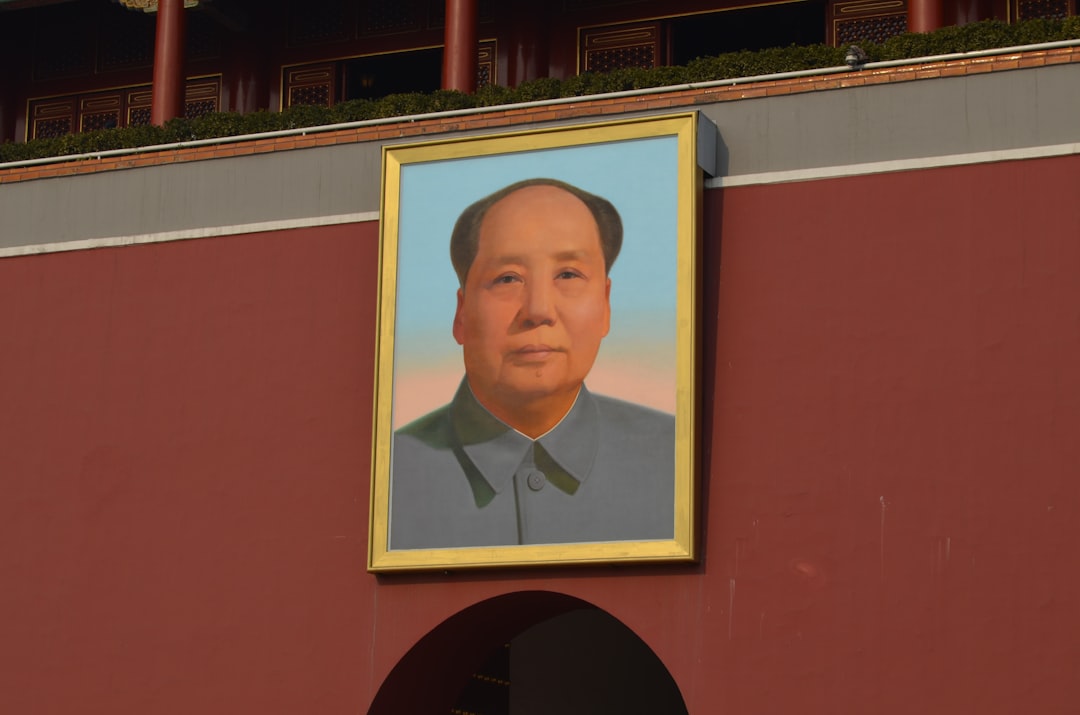What is it about?
It tries to answer the question of why the vast majority of Chinese citizens do not agree with the political criticisms of the government made by Chinese dissidents. The proposed answer is that there are deep cultural roots beyond contemporary political prohibitions that continue to make ordinary Chinese skeptical of the very idea of critique. The article identifies two specific examples of such cultural convictions. One is the Confucian super rule of obedience in matters of society and politics, the other is the traditional Chinese conviction that language is regarded as a prescription of social order and must be respected as such. We call this China's linguistic "normative nominalism".
Featured Image

Photo by Nick Fewings on Unsplash
Why is it important?
This is important because it draws the reader's attention to a fundamental difference between the post-enlightenment West and contemporary China. While the former has thrived on the notion of critique and the idea of political agreement via consensus, the very notion of critique is alien to the Chinese tradition. Consensus in Chinese history has been typically the result of governmental edict as top-down regulated social and political harmony. As such, consensus harmony appears opposed to harmony via obedience.
Perspectives
The perspective from which this paper has been conceived by its authors is a combination of their reading of the Confucian Analects and other Chinese sources and Western literature, with an emphasis on the concepts of the public sphere and communication free from oppression as formulated by Juergen Habermas.
Yingchi Chu
Read the Original
This page is a summary of: Cultural Obstacles to Political Dialogue in China, Culture and Dialogue, July 2014, Brill,
DOI: 10.1163/24683949-00202004.
You can read the full text:
Contributors
The following have contributed to this page










